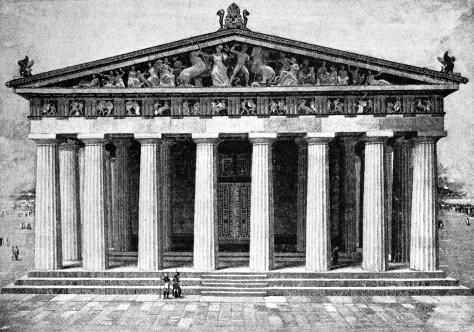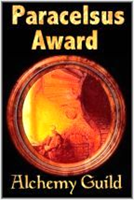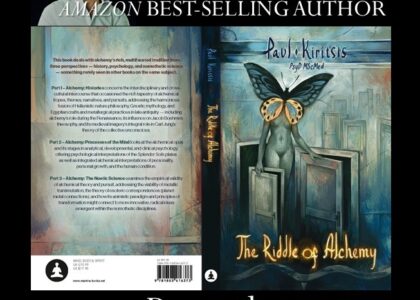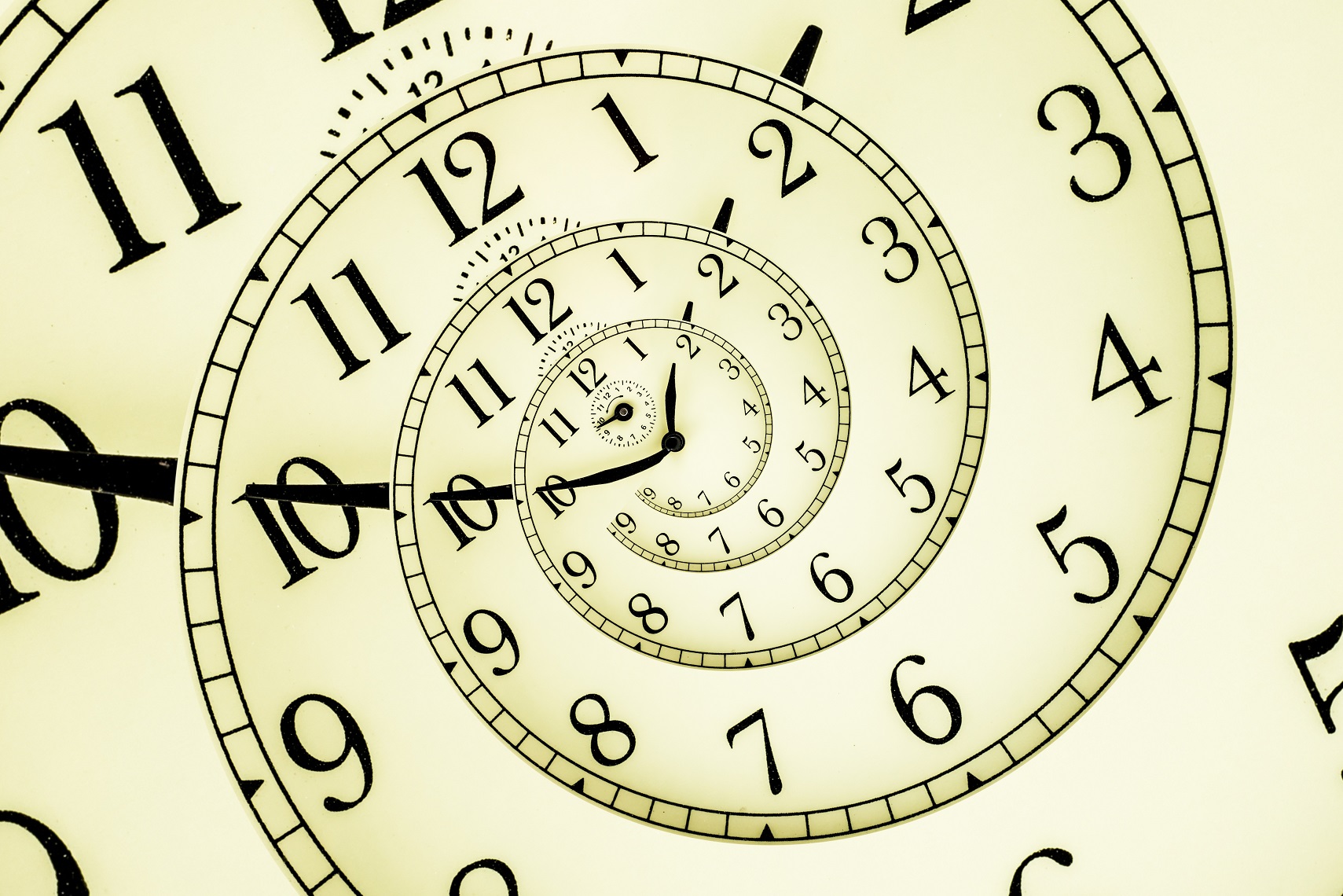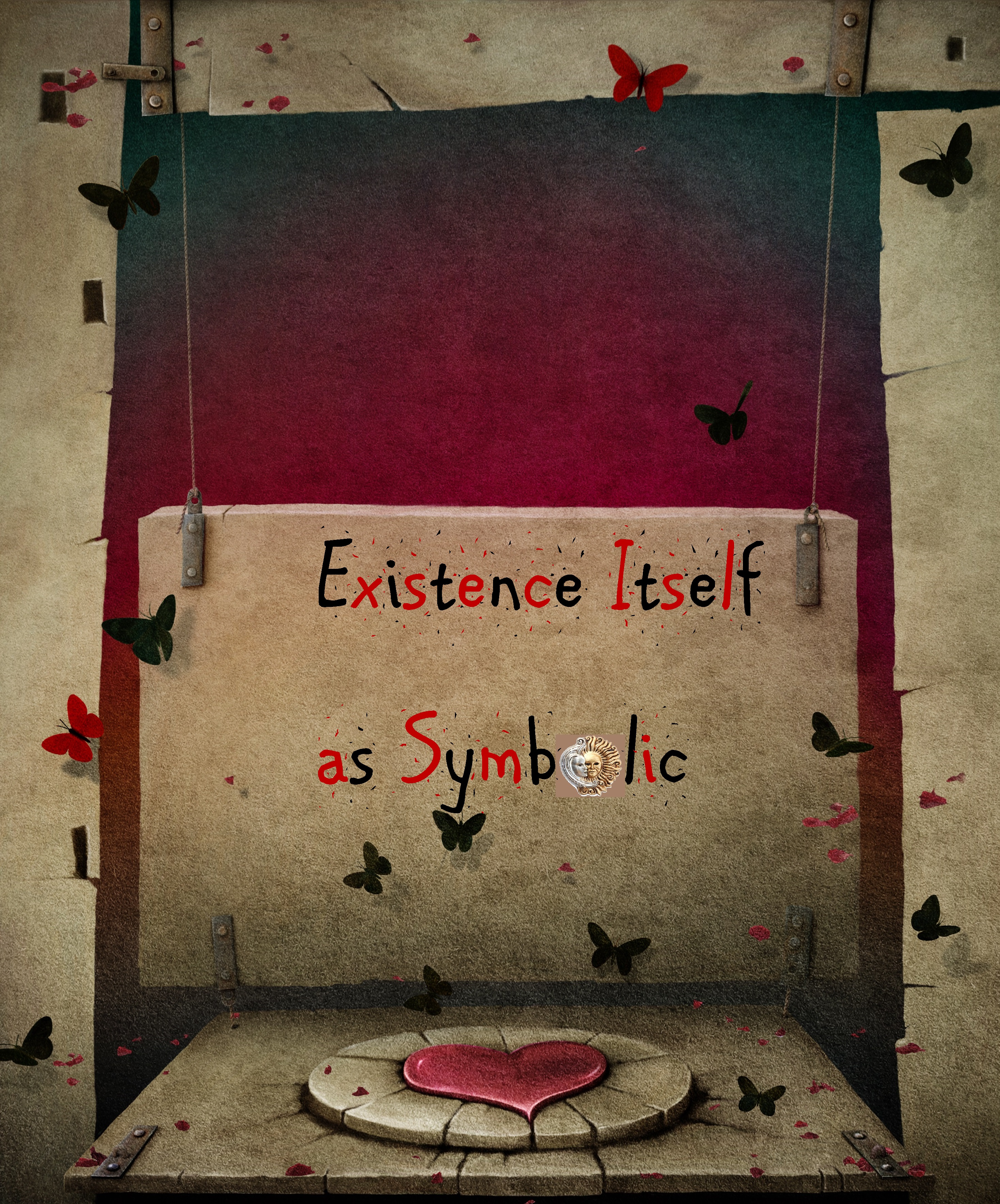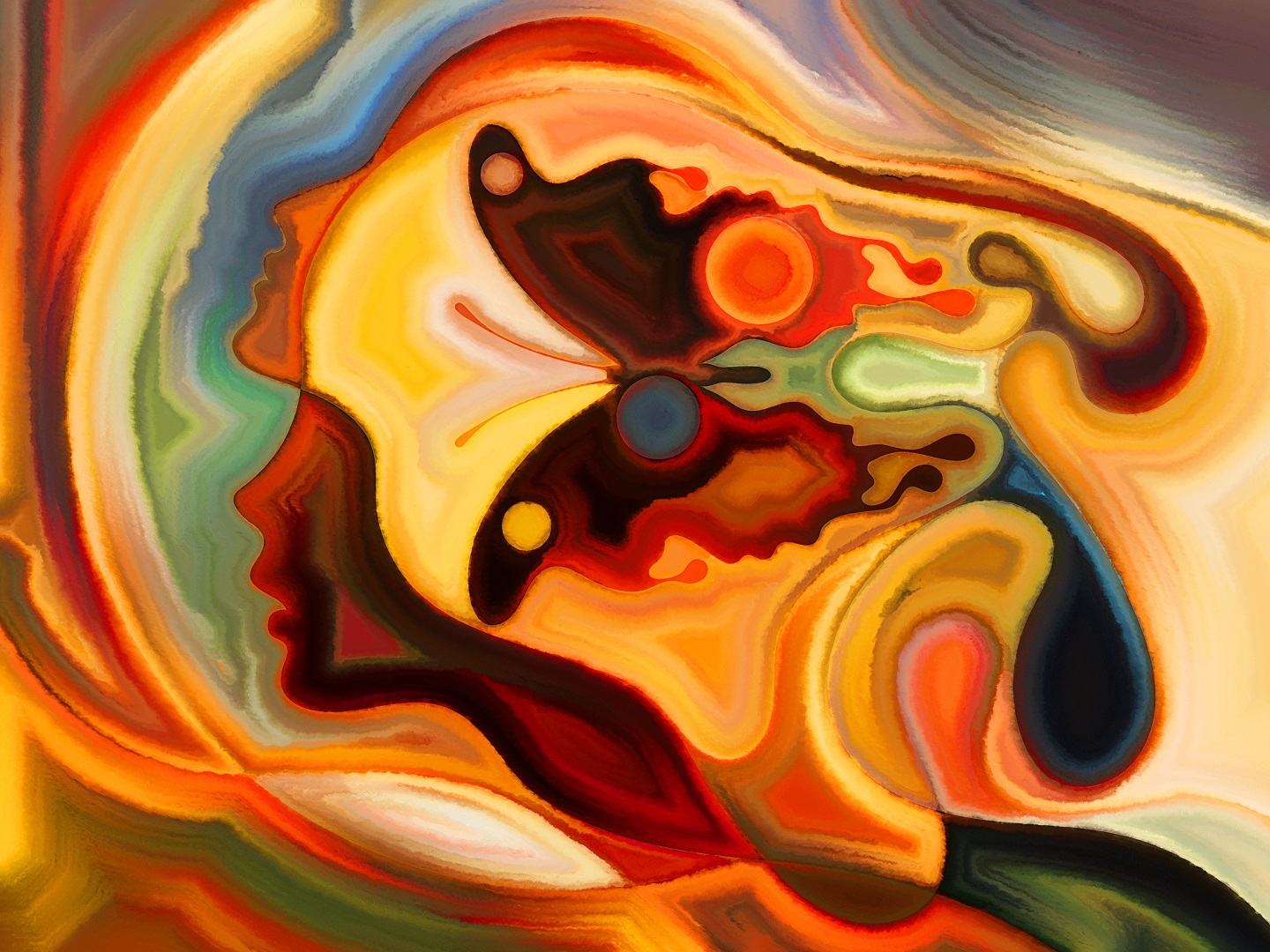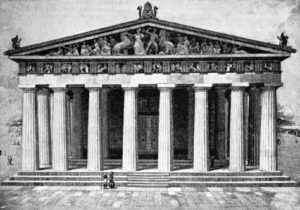
Greeks have retained a distinct and very powerful identity over the millennia, but have you ever wondered how this came about? Have you ever wondered why the essence of Hellenism is wholly contained in three unifying principles–family, country and religious belief?
To understand the idea of Hellenism we must again turn to the past, to pre-800BCE in fact. This was an exciting time for the peoples who would later define themselves as Greeks. It was a time when the Greek gods and goddesses or “archetypes” freely communicated with their mortal vessels, and thus the era might be described as both gold laden and fruitful despite the devolutionary process which unfolded whereby humankind was taking giant strides towards the frontiers of war, violence, bloodshed and destruction.
At this particular time, a Smyrna-born poet named Homer was busy marrying bits and pieces of historical tradition with his own personal fantasies of pugnacious heroes to create two epic poems, The Odyssey and The Iliad. The poems themselves were quintessentially myths, powerful and all-encompassing in their extraordinary rendition of the cosmos, and like all myths they commanded a kind and type of obedience and reverence which more often than not culminated in socio-political consequences. Therefore, it would be right to say that when Homer was weaving together his two masterpieces he wasn’t merely recounting the biographies and fantastical adventures of lion-hearted heroes like the demi-god Achilles, King Agamemnon of Mycenae and King Odysseus of Ithaca or entertaining the imaginatively and romantically inclined at bedtime; he was unconsciously uniting the historical traditions of three distinct clusters of Greek-speaking people–Dorians, Mycenaens and Ionians–who had evolved independently of one another until then.
There seems to be increasing uncertainty as to whether Homer actually existed or not. Some scholars have suggested that the two epic poems weren’t written by a single writer at all, but are rather the collected striving of a group of writers united by homogenous intent (quite like the Hermetic or Biblical scriptures). Their argument is hinged on the fact that two-word descriptions like swift-footed and lovely-haired appear in the main copy of the poems time and time again, implying that it was possible for a wide array of poets to write using the same template and thus sound like the same writer. Whether it was a single genius who wrote them or an entire school of writers is irrelevant to us. The fact remains–they were written!
The Iliad itself is the first instance we come across the word barbarophonoi, a term which explicitly referred to the inarticulate and crude manner in which the Carians spoke Greek. Although the word was initially used by Homer to demarcate linguistic differences in the manner that Greek was spoken by its indigenous speakers and the Carians who fought in the Trojan War, its creation spawned a predawn glimpse of days that would see humanity divide itself into Greeks and non-Greeks or barbarians. What I mean by this is that the word evolved to denote peoples who spoke languages that were in no way, shape or form connected to the Greek tongue. From about 800BCE onwards, the Greek city states had become wholly saturated by Homer’s ethnological dichotomy and began to act as such.
Lamentably, the Greek city states were sometimes anything but morally and ethically superior to the neighbouring ‘barbarians’ they were trying to civilise. It was common for them to deride one another’s cultural disparities, and they often pursued political aims and agendas so far removed from a common aim that bloody wars were inevitable. Take Athens and Sparta for example, two city states that were almost always squabbling and at war with one another. The former was a democracy which cultivated the expression of the psyche through the visual arts, the written word and crafts, whereas the latter was a monarchy obsessed with physical conditioning and priming its male citizens for battle. They may as well have been chalk and cheese!
Despite these marked differences, the few similarities they shared in language and a newfound mythological heritage was all that they needed to bind together during times of external threat. The new paradigm of judging people as either Greek or non-Greek somehow transcended other marginal values competing for self-expression in the group consciousness of each Greek city state. The Olympic Games which began in Greek proper between 800 and 720BCE crystallised this newfound identity. Once upon a myth Agamemnon had united the Greek kingdoms under a single aegis for the sake of subjugating Troy and reclaiming the beautiful Helen, showing the Greeks that they could only triumph if they banded together. And band together they did, for the Greeks drew inspiration from the Homeric epics and repeatedly subdued the Persians between 499-449BCE.
If we return to the notion that the cord which bound the Greek city states together was tenuous at best and that their marked differences amounted to periodic subjugation by Persians, Romans, Arabs, Venetians, Ottoman Turks and Germans, then it defied all odds that a distinct Hellenic consciousness was able to survive into contemporary times at all!
I will conclude this post with a poem I have written about Alexander the Great, the man who dispersed the kernel of Hellenism to the whole world.
The Passions of a Macedonian Cypress
I ‘m tattooing the last of my chipped thoughts on my own bark because I was unjustly burnt last night and I fear the end is near. I knew a man called Alexander once. I still remember that night long ago when he passed under me; only Zeus knows he was so tired from his travels that he fell asleep in my arms! Till then I’d had a shepherd, a temple maiden and even a Minoan sailor but never a demi-god like him. Perhaps the only time I’ve felt truly alive, conscious, purposeful even, was when I whispered in his ear that I’d willingly become his footstool; I’d forfeit my deep-rooted life to him; I’d be his Chronicler and he my Saviour. But he just ignored me – Standoffish like he was with most shallow-minded barbarians. He ended up seeing a dream in which Nemesis asked him to rebuild Smyrna after she was burned by Lydians so that the love-struck romantic poets of Asia Minor might dream again.
Today, nobody remembers what it’s like to be in the presence of a man who bends light with the tip of his finger; a man who swallowed bits of Greece and regurgitates them whole again; a man who set it all in motion thousands of years ago by striking a beautiful chord – an A minor – on the harmonic scale of golden dawn; a man who made love and war with the force of a thousand atomic bomb blasts at once. The Ancient Ones who still live in the woods know about Alexander’s apathanatismos[i] but all the newbies don’t understand. I can hear them asking our solemn mother, Gaea, if King Alexander still lives from atop their dilapidated castle at Amphipolis.
‘Does King Alexander live?’
‘He lives and conquers!’ cry the foundation blocks of the Pharos deep in Alexandria’s harbour.
‘He lives! He conquers!’ cry the Greek-root words of the English dictionary.
‘He conquers and lives!’ cries the Gorgona, slamming her trident into the seafloor of the Mediterranean.
‘He conquers! He lives!’ cry the ruminating bones of Phillip of Macedon from his ossuary.
‘He lives and conquers!’ cry the Ionian, Doric and Corinthian brides that loiter on the edge of every authoritarian building in the world.
‘He lives! He conquers!’ cry the democratic nations of our day.
‘He lives! He lives! He lives!’ cry the stones, the mountains, the rivers, the lakes, the oceans and all things, living and animate, with a Greek way of thinking about them.
“He lives and conquers!’ cry the burning seeds deep inside my flayed cones, heartening each and every one of Gaea’s children to join hands and sing of Hellenic emotion; of Platonic spiritualism; Aristotelian pragmatism and all.
‘He lives and conquers my children, and a time will come when he’ll collect his bones and we’ll rejoice again. You’ll see.’

